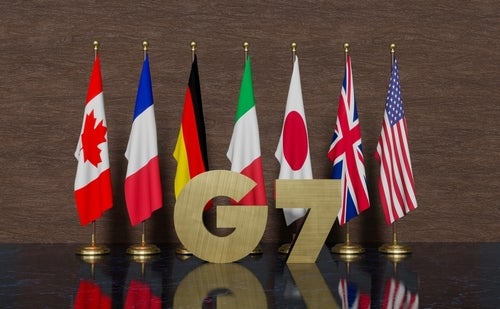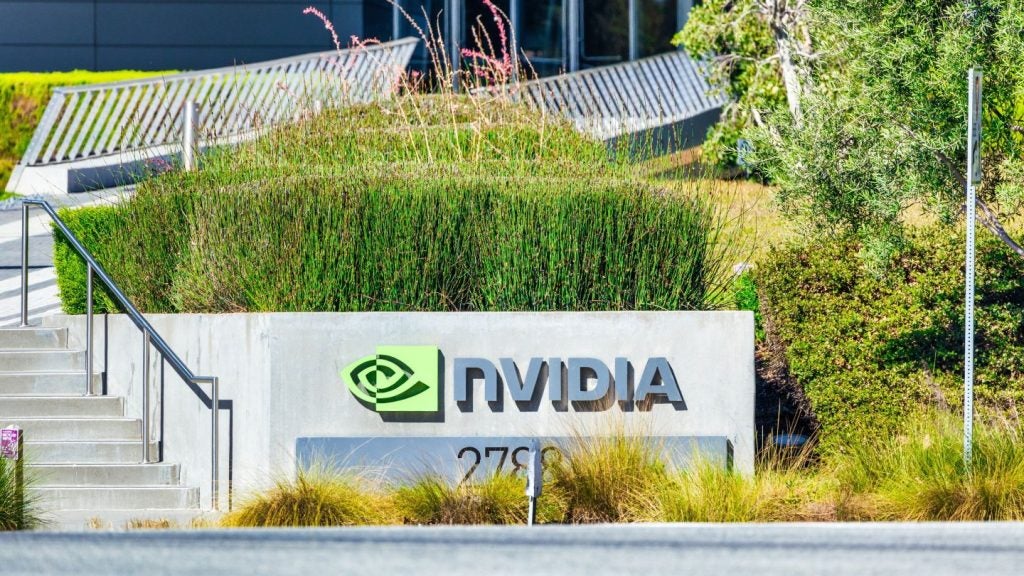
The G7 will be meeting on Tuesday (May 30) to discuss issues around generative artificial intelligence (AI) applications and experts believe it will “have its work cut out.”
Last week, the G7 announced it was forming an intergovernmental forum called the “Hiroshima AI process”.
Takeaki Matsumoto, Japan’s communications minister, said the meeting will focus on AI issues including disinformation, plagiarism and more.
The meeting, which is due to take place on 30 May, follows a boom in generative AI applications like ChatGPT.
Released in November 2022, ChatGPT has caught the attention of millions and has arguably been a driving force in bringing generative AI technology into the mainstream.
As AI continues to grow at a rapid rate, lawmakers have been debating how to govern the tech without stifling innovation.
Alex Hazell, head of UK Privacy and Legal at Acxiom, told Verdict: “Generative artificial intelligence in particular is a perfect example of how technology has massively outpaced the law.”
“Against this challenging backdrop, the G7 will certainly have its work cut out,” he added.
ChatGPT has sparked a hotbed of debate around the risks that AI poses. Experts recently warned that the popular chatbot could pose a cybersecurity risk due to its ability to write code for ransomware.
The G7 meeting comes after the EU’s announcement that it is working on its own set of guidelines to govern AI. Hazell argued that the regulations may not be enough to keep up to speed with the rapidly expanding tech.
“Whilst it’s true that the EU has its wide-ranging AI Act, that is not yet on the statute books, and in the meantime, generative AI rollout continues unabated,” Hazell said.
Some of the biggest champions of AI have shown deep concern over the technology if left unregulated.
Ex-Google CEO, Eric Schmidt, claimed many people could be “harmed or killed” by artificial intelligence (AI) if it is not regulated properly.
Geoffrey Hinton, known for his work on Deep Learning which helps AI simulate the patterns of the brain, quit Google over concerns of the “existential risk” it poses to humanity, according to the Guardian.
GlobalData is the parent company of Verdict and its sister publications.







